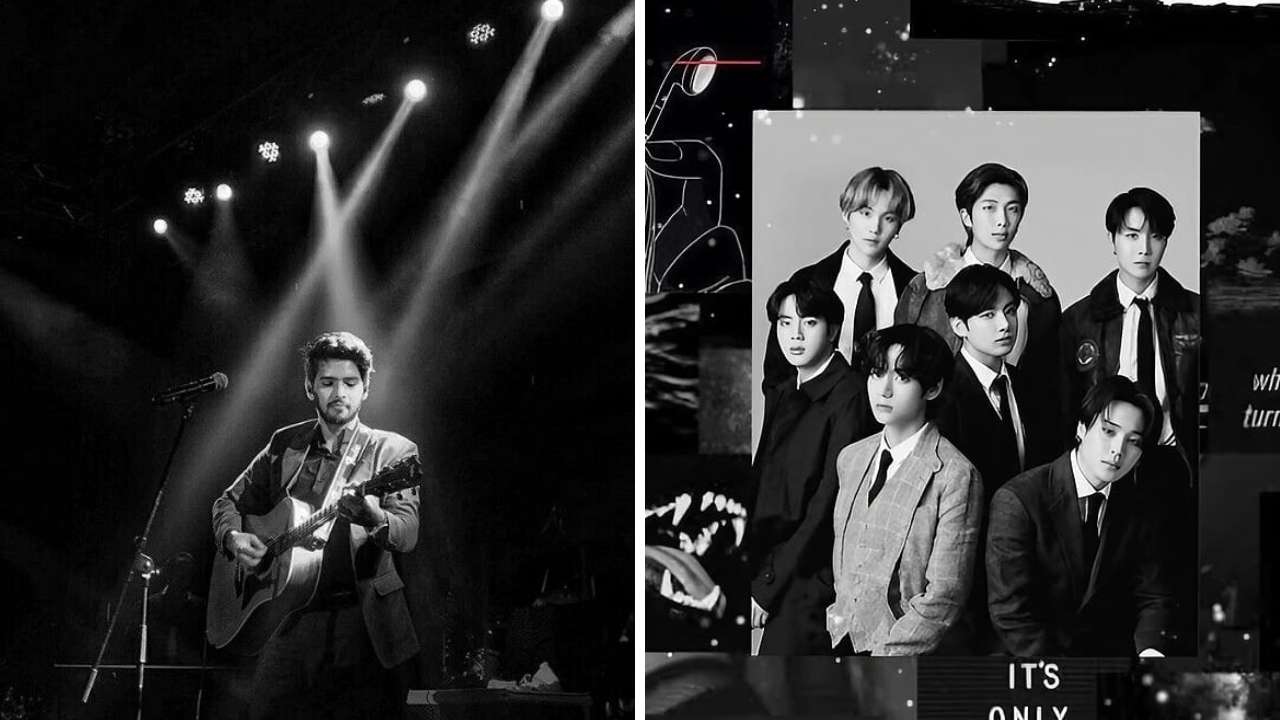Why Indian Pop music Falls Short of K-pop's Global Success Despite Rich Musical Heritage

Ever since the Hallyu wave burst through the global doors, the rise and shine of the K-pop industry has skyrocketed. Today, K-pop dominates Western music and pop culture, and it's no longer an understatement. As people claim, Asian domination in the field of music and entertainment has, for the first time, surpassed Western influence. However, when we discuss Asia, it's mostly the East Asian countries that make all the noise. India, one of the richest countries in terms of musical heritage and the bearer of the legacy of one of the oldest civilizations with the oldest art forms, falls short behind the success of K-pop. Have you ever wondered why?
Why I-pop never got a breakthrough?
It is disappointing that independent singers and bands from India who illustrate real talent with meaningful music and concepts are not receiving the recognition they deserve. Traditional Indian music encompasses a broad spectrum, from tribal, regional, and folk tunes to intricate classical compositions. It is awful that these gifted performers are underappreciated even at a time when people are growing tired of clichéd Bollywood sounds.
On the other side, K-pop has thrived owing to dedicated entertainment companies, enthusiastic fan bases, and online spaces that promote the genre. In contrast, the Indian pop industry has issues with distribution, infrastructure, and the lack of a centralized platform to promote its artists on a global level.
Few factors which can be highlighted are
Indians preferring K-pop
Are we even to blame? Many Indians are completely fed up with the illogical music that Bollywood releases into the commercial music business these days. Well, exceptions are always there. Even Western music has become regular and monotonous for the Indians. Meanwhile, K-pop offers some visually appealing, eye-catching music videos for almost every genre. You name them, they got you covered.
Bollywood's Hegemony
India's vast talent and well-known pop icons have been overshadowed by Bollywood music, which has caused the world to believe that Indian music is only found on movie soundtracks. It is regrettable that the brilliant musical groups and famous pop icons that India has produced have been forgotten by the globe.
Western inclusion
Despite having a language barrier, Koreans managed to take over the western audience. How? K-pop's songs and performances effectively combine aspects of both western and Korean culture, fashion, and aesthetics. Contrarily, Indian pop frequently focuses on catering to regional tastes and preferences, which makes it less relevant and open to a global audience.
Marketing and Promotion
One of the main forces behind the rise and shine of the K-pop industry goes to its meticulous marketing strategies, rigorous Idol training, well-coordinated concerts, and extensive global promotions. Indian pop, although being rich and dynamic on its own, often lacks promotional efforts necessary for global exposure.
International Collaborations
K-pop has smoothly collaborated with popular international singers to broaden its appeal and appeal outside of Korea. Indian pop has not been very proactive in seeking out global collaborations, which has led to little exposure.





